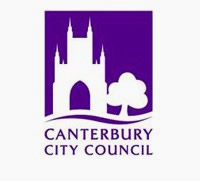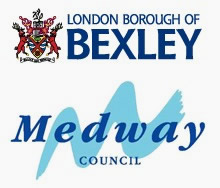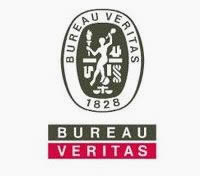Alcohol and Sleep Disturbances
15/03/2010
Alcohol can disrupt and disturb sleep patterns. Many people are not aware of this because they have experienced falling asleep quickly when they’ve been drinking. That’s why a lot of people who can’t sleep or have insomnia try to use alcohol to help. They may have a drink or ‘night cap’ before trying to get to sleep.
However, once we are asleep alcohol can reduce the quality of our sleep. A Government survey in 2010 revealed that six in ten people are not aware that alcohol can negatively affect their sleep. When we are asleep alcohol can disrupt our sleep significantly, especially during the deep sleep stage which is essential for us waking feeling refreshed. Good sleep is important for the brain so that it can rest and restore.
Often when people have been drinking they may not initially be aware that they’ve had a poor night’s sleep when they wake up. However, research has shown drinkers’ sleep is more superficial and they are likely to feel tired and sluggish later on. During the night alcohol will make you more restless, hot and dehydrated.
Even a small amount of alcohol can disrupt the sleep. It slows breathing and swells the throat – in excessive cases this can be dangerous and even fatal, but at best it can cause snoring, meaning you might wake up anyone sleeping next to you or nearby.

























